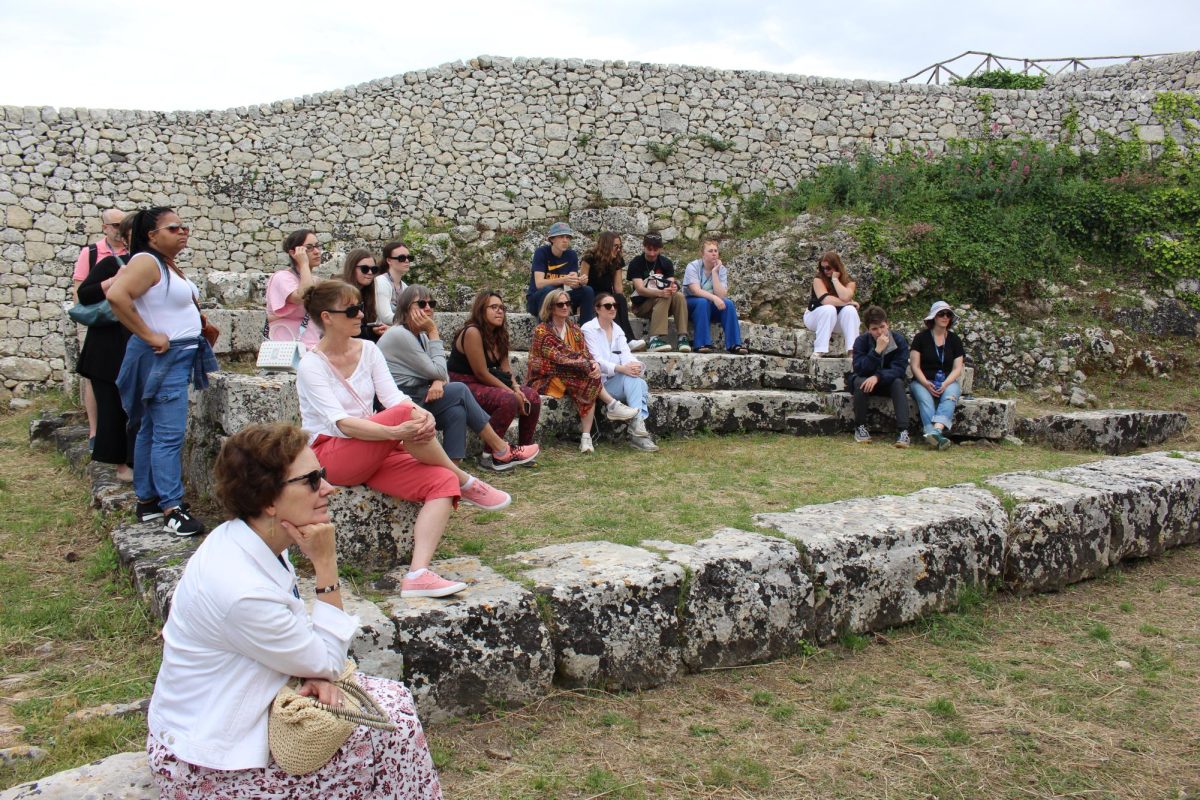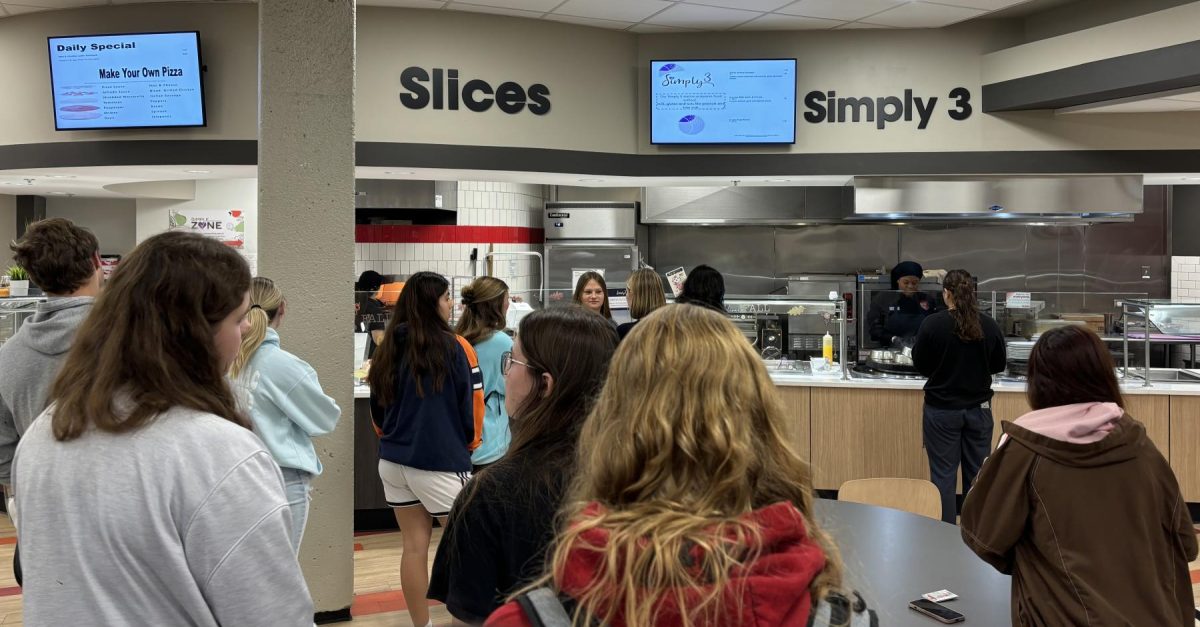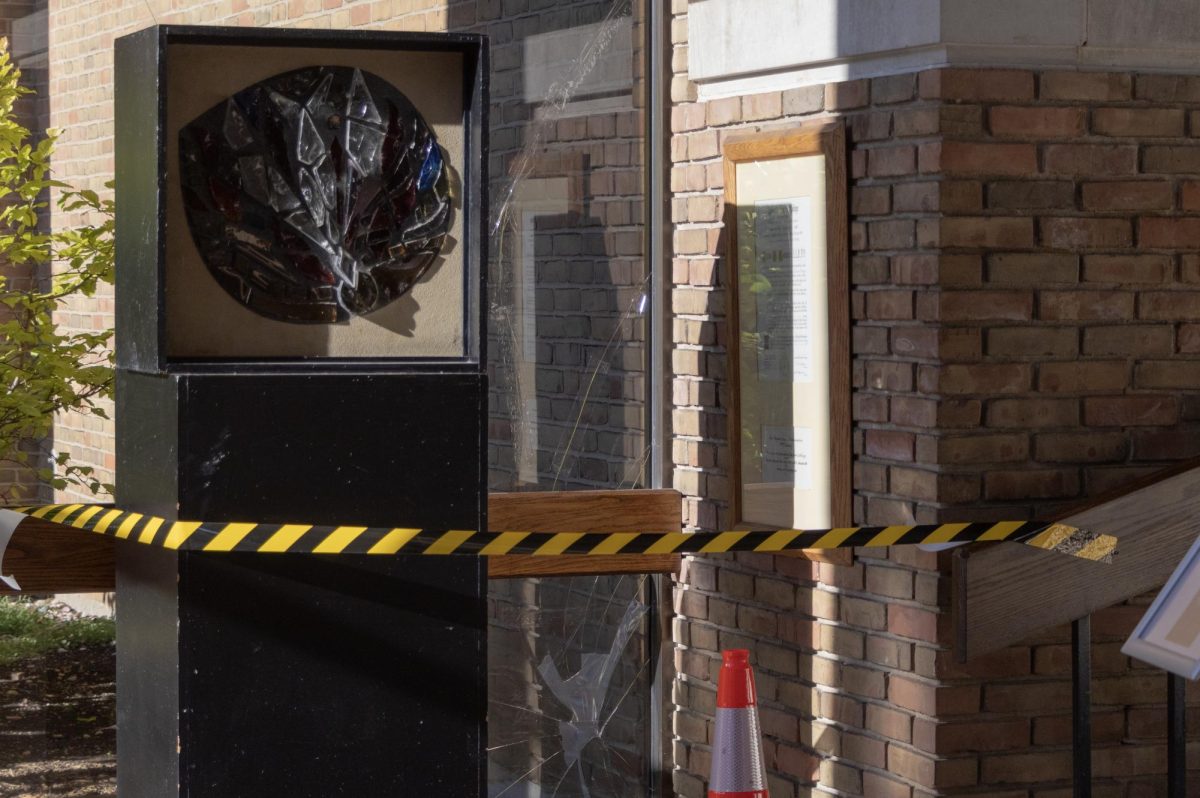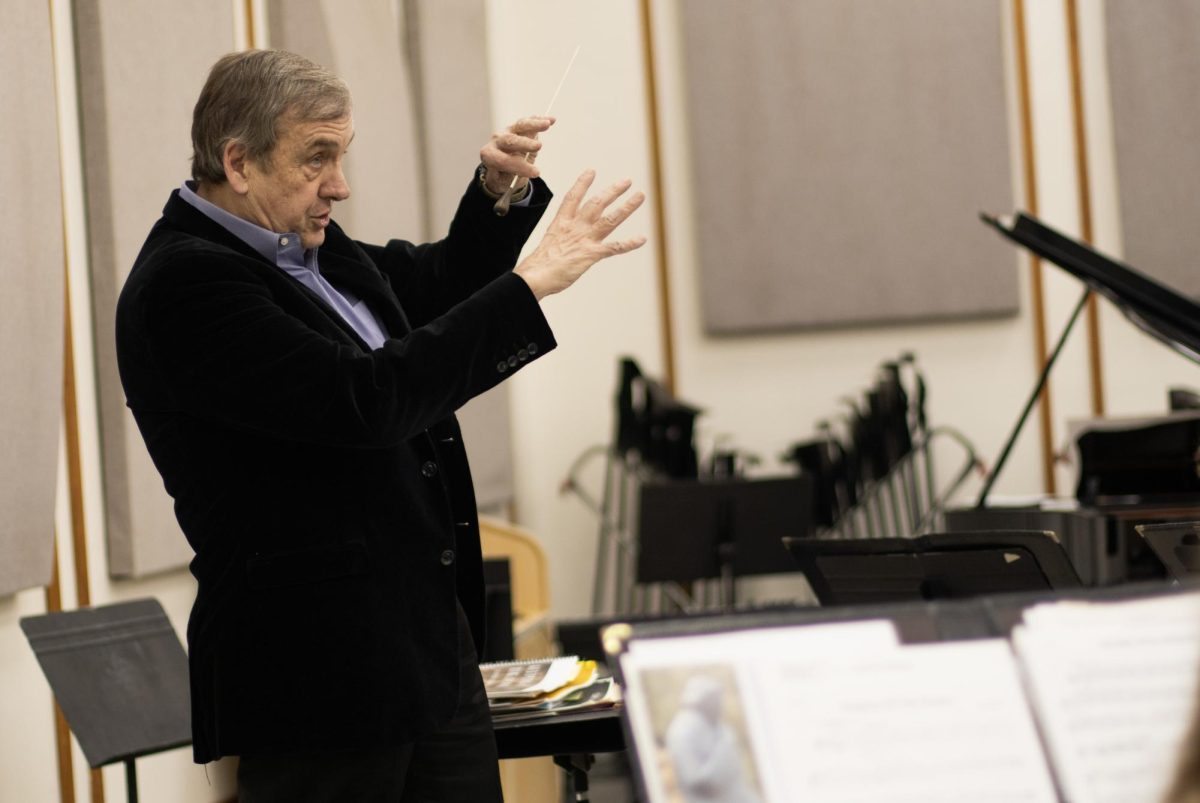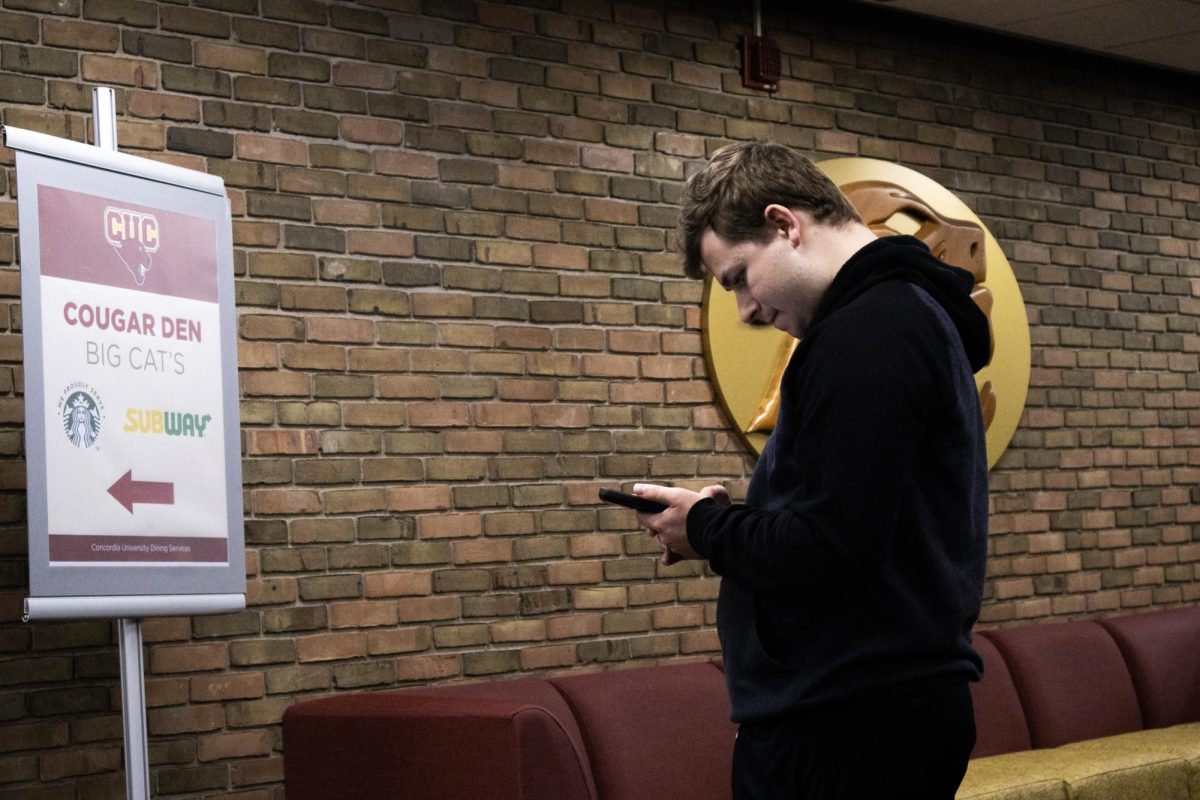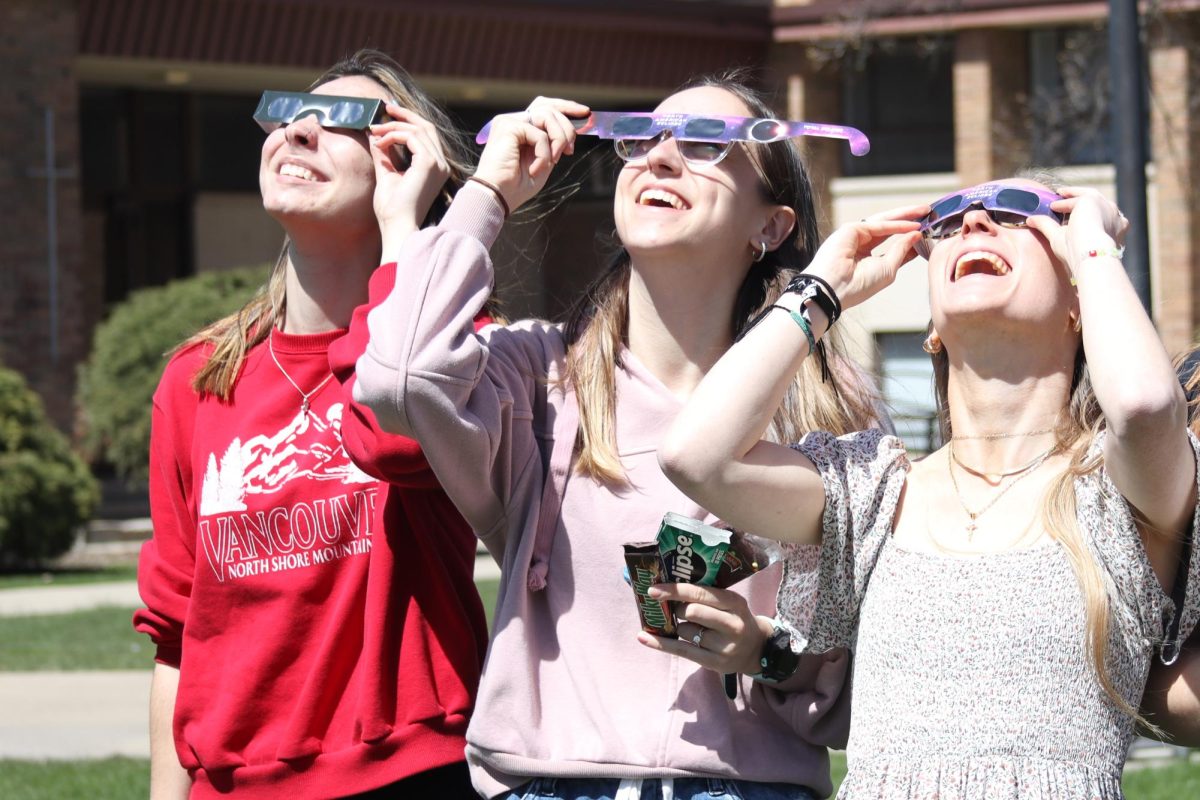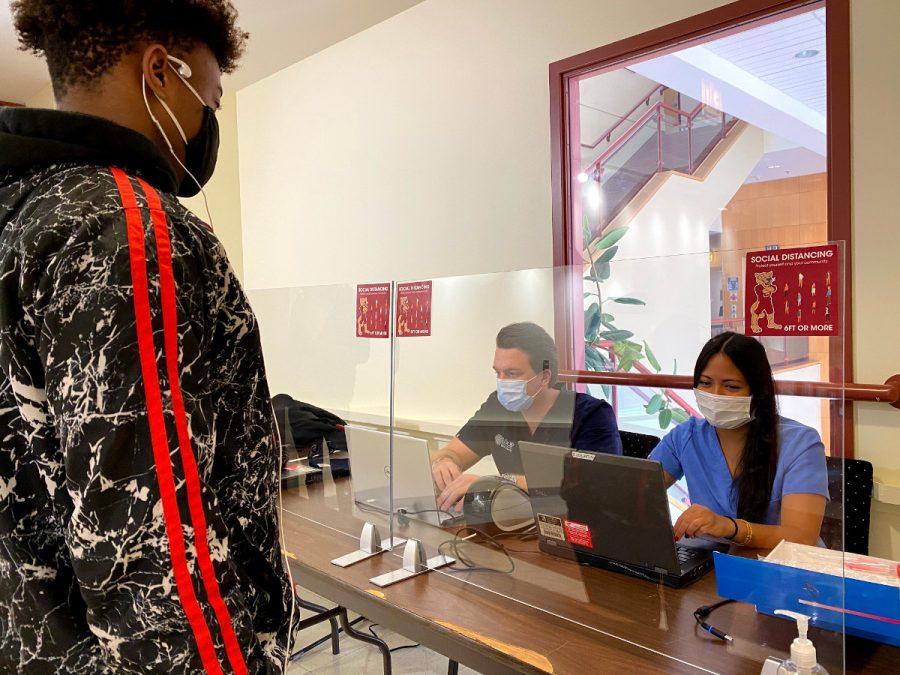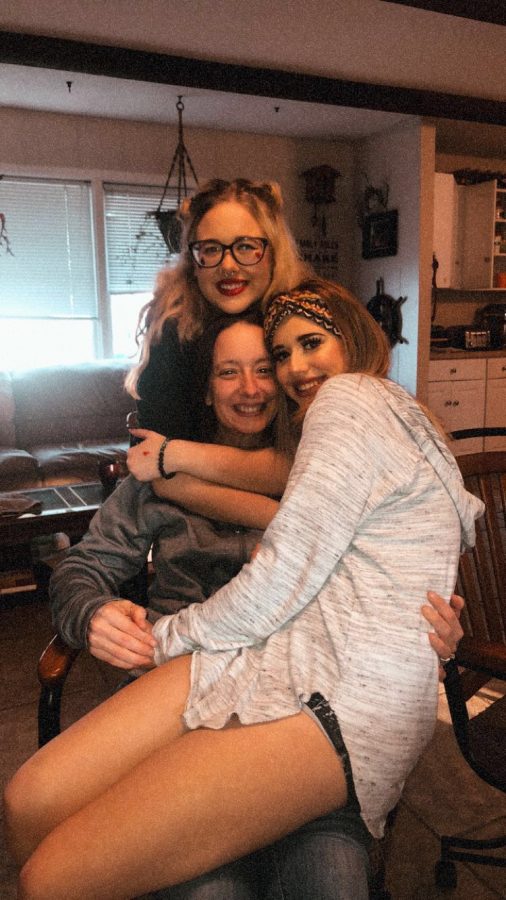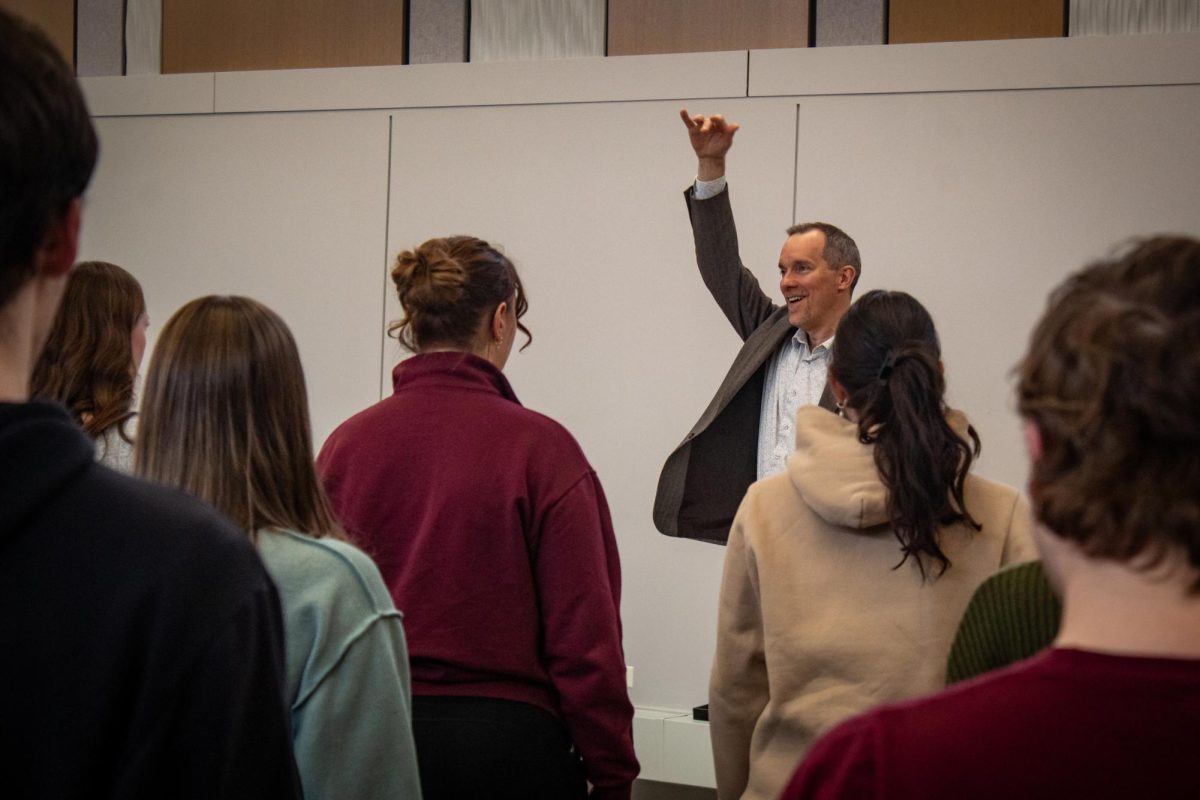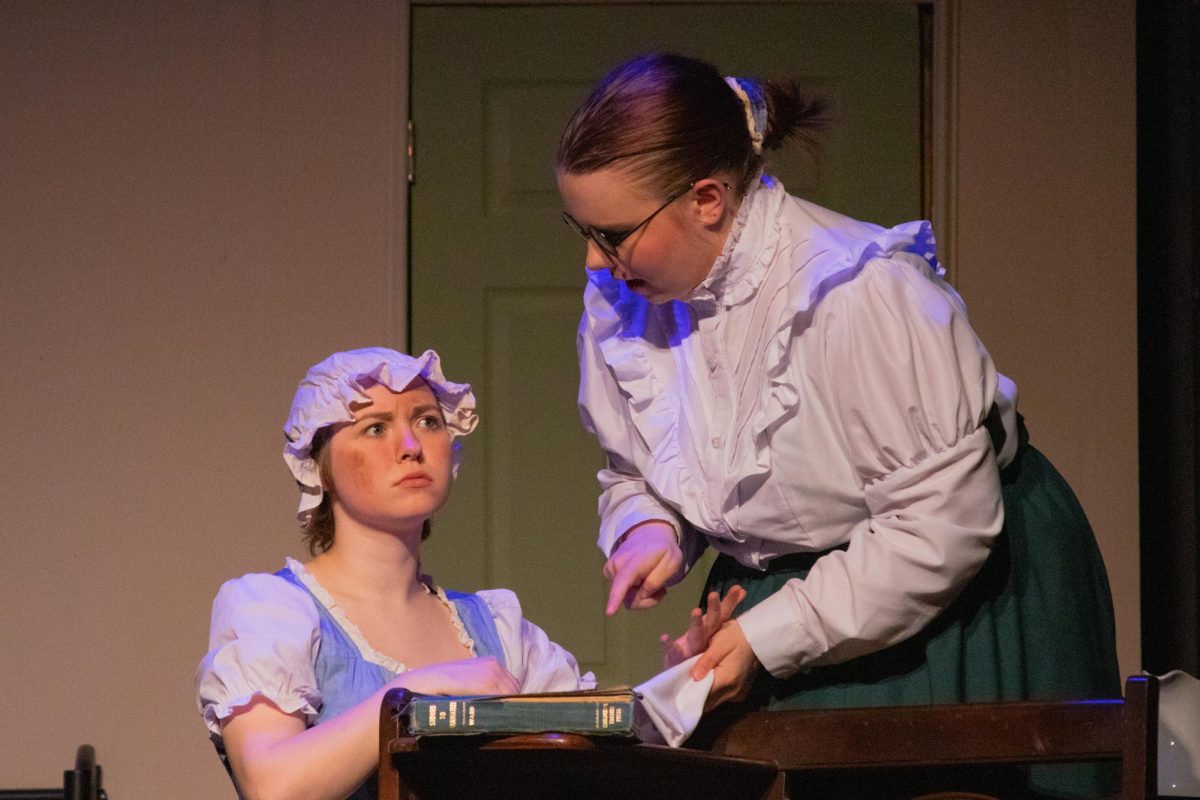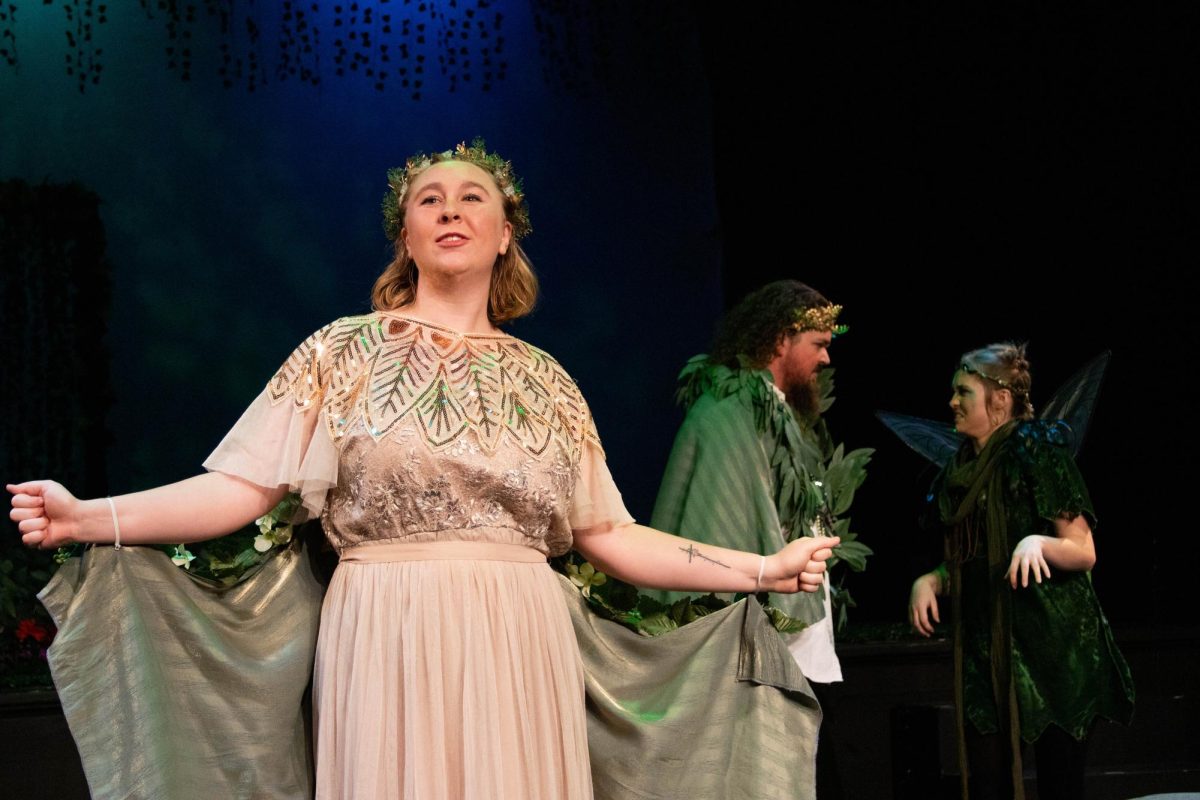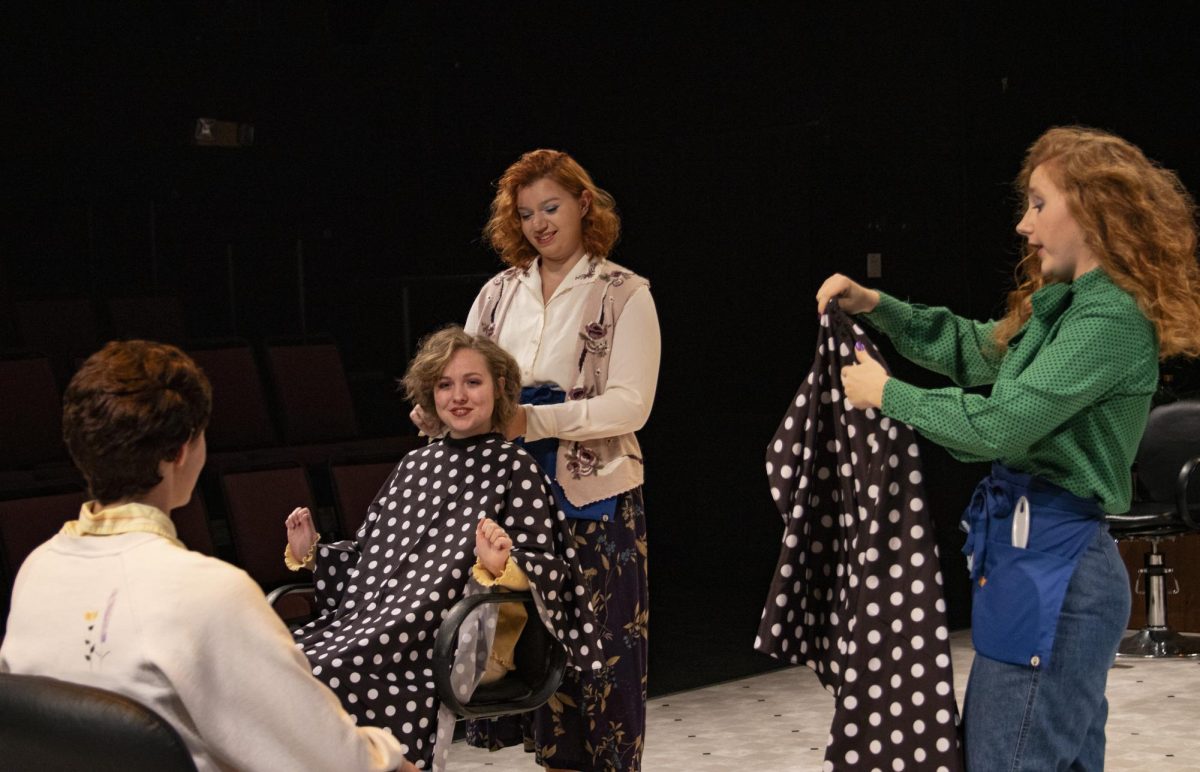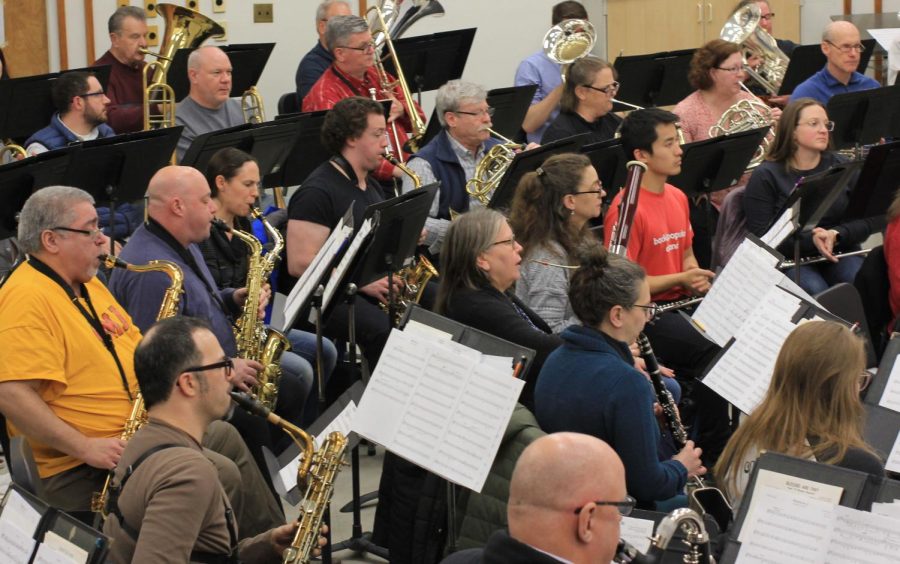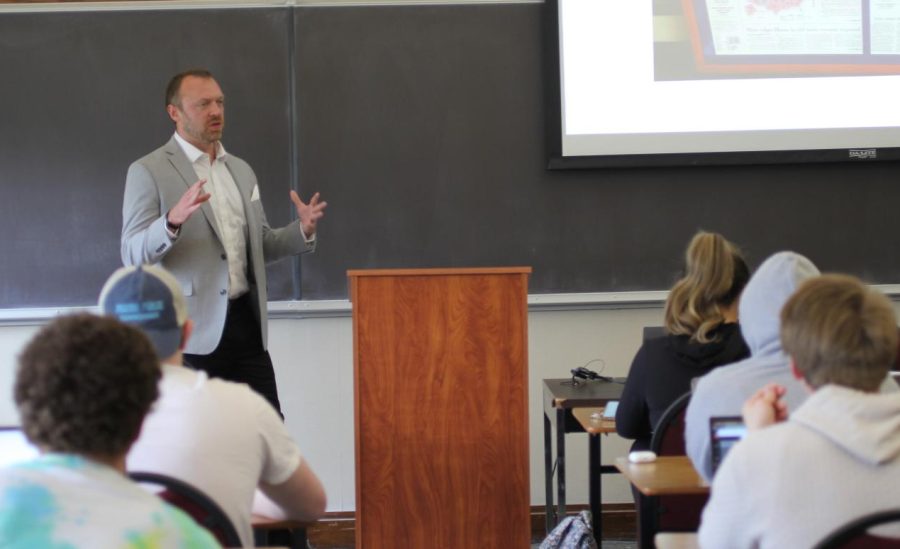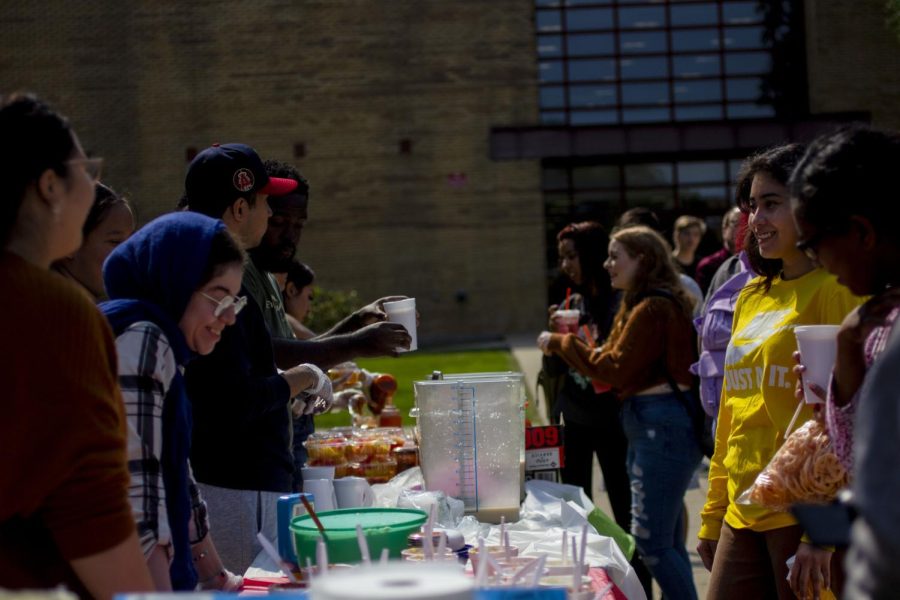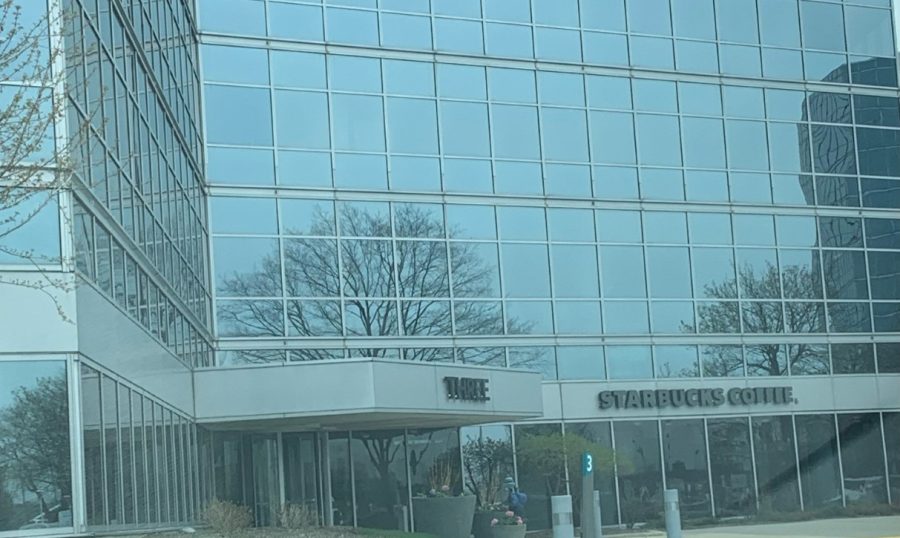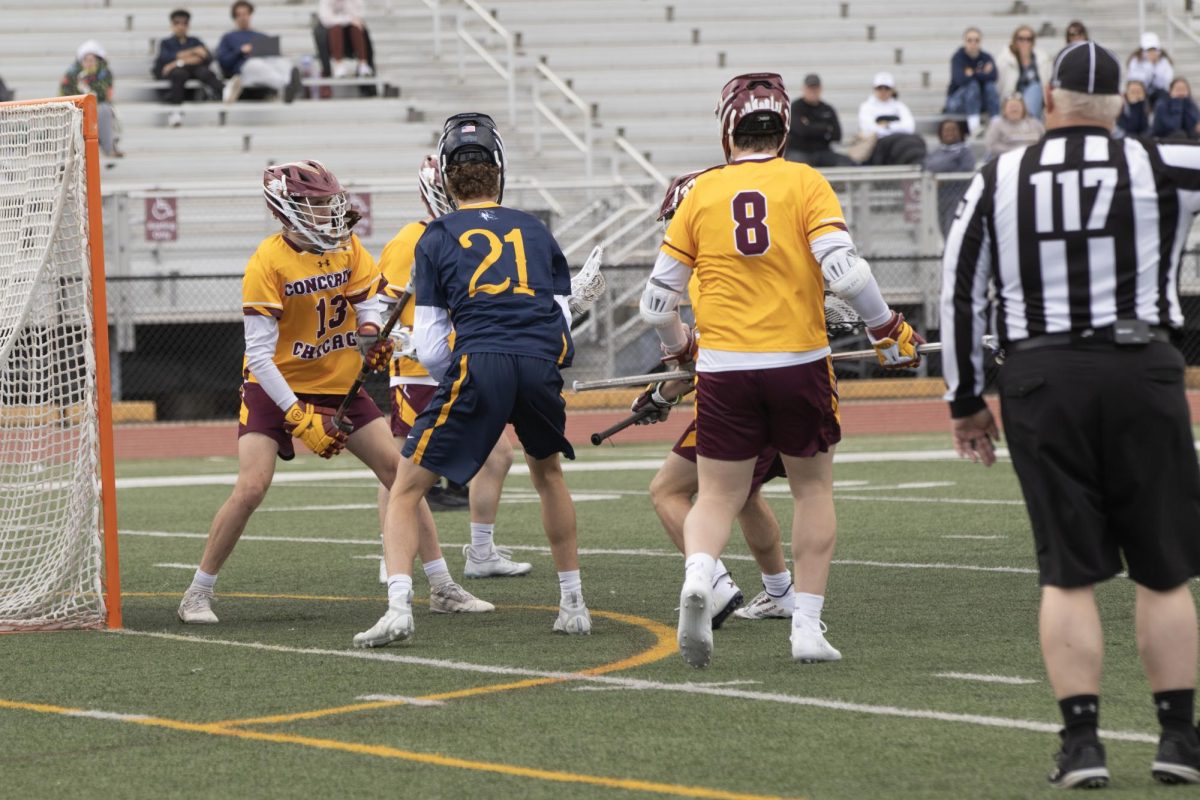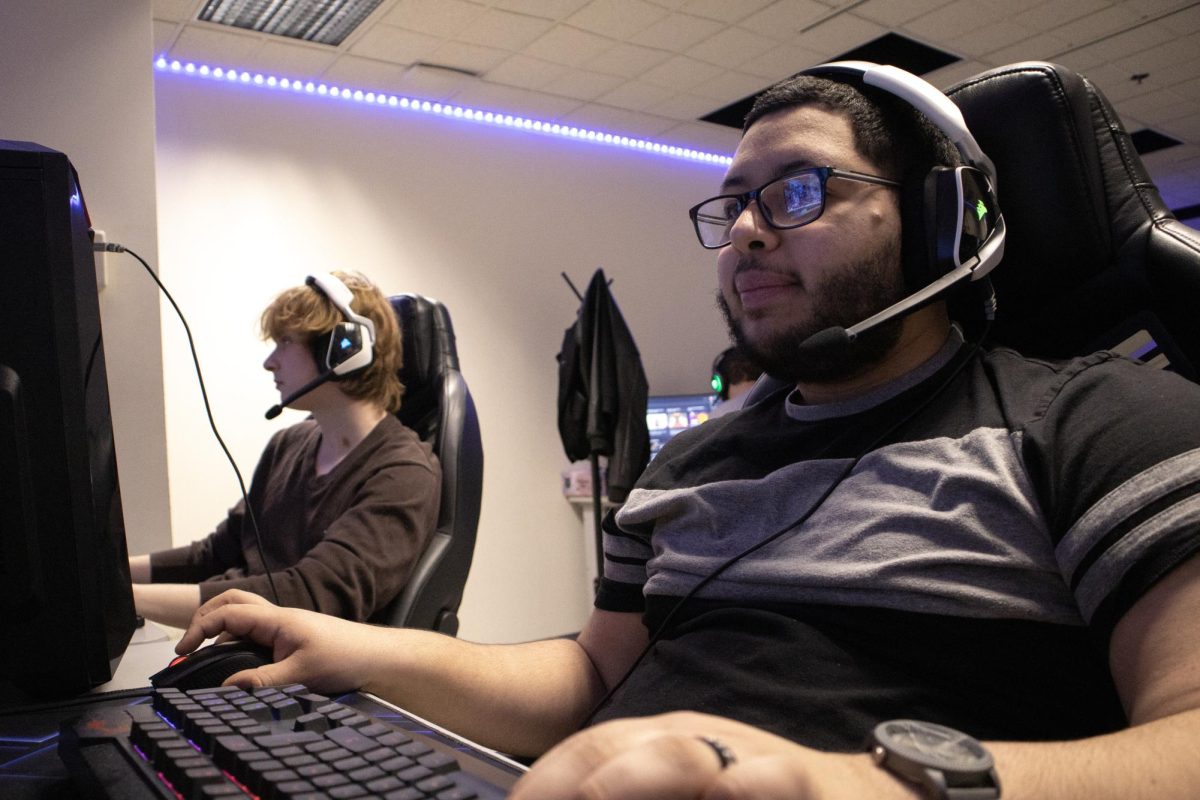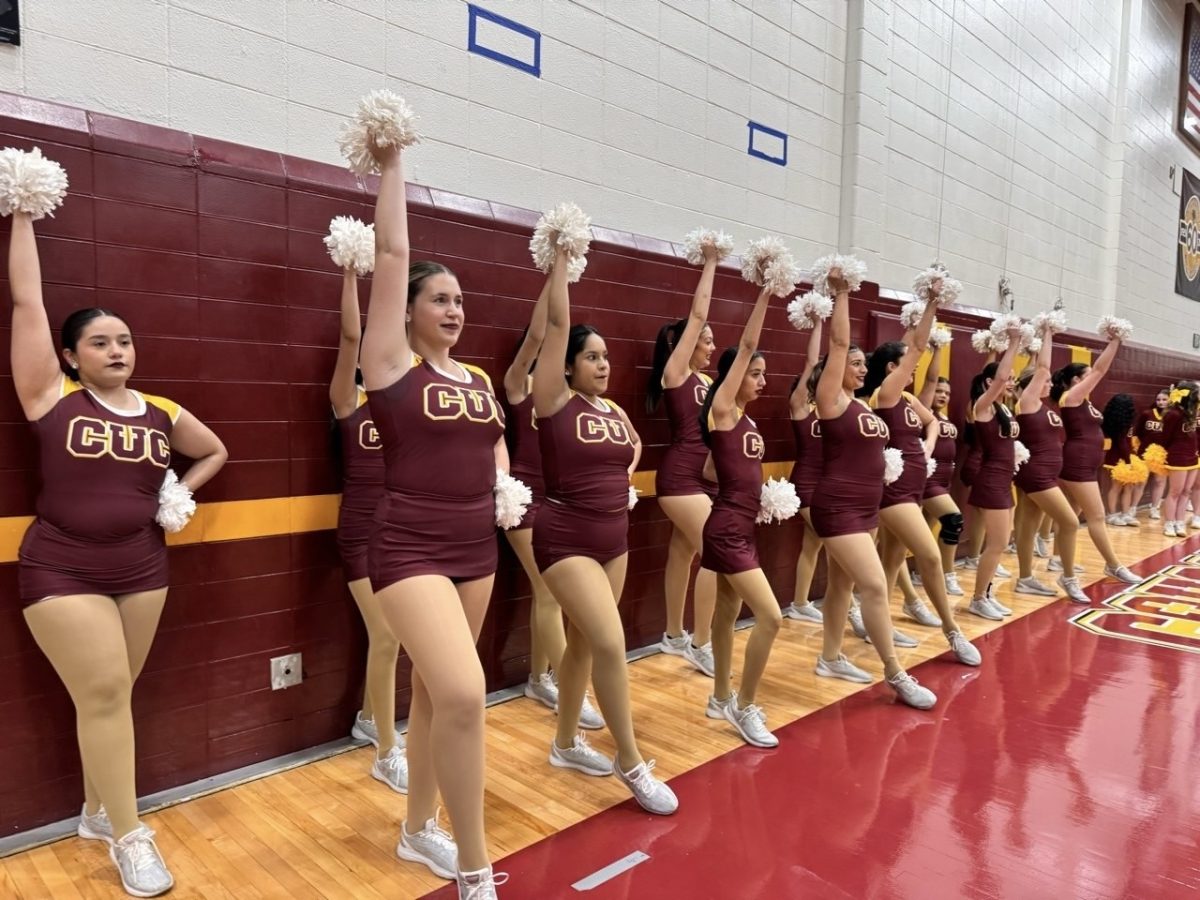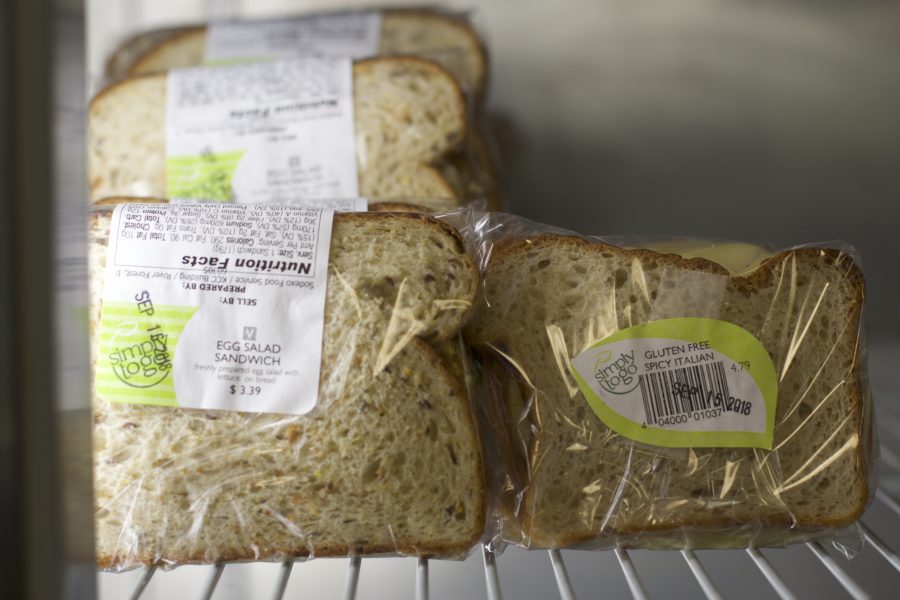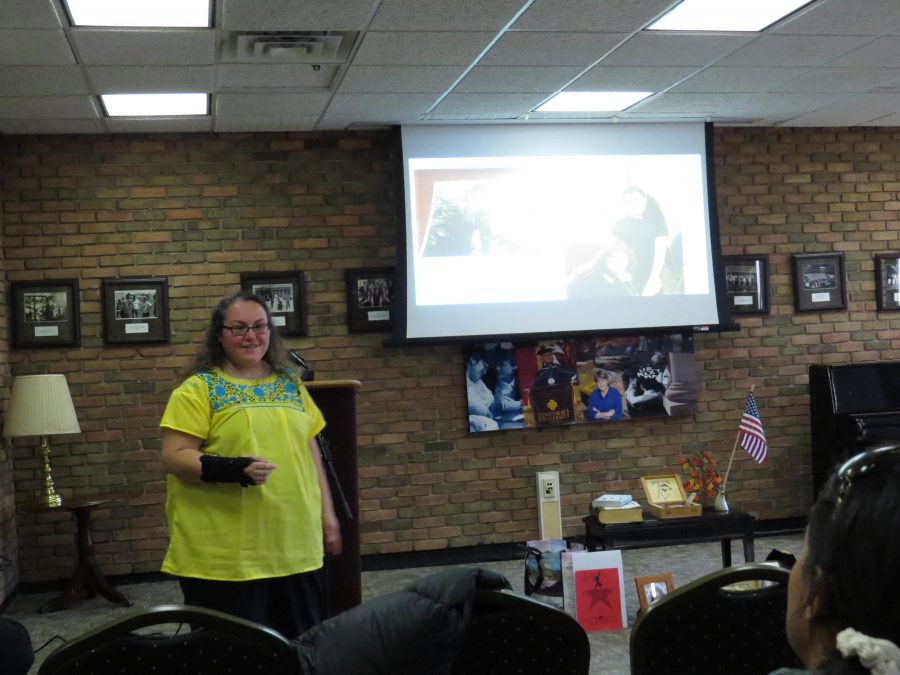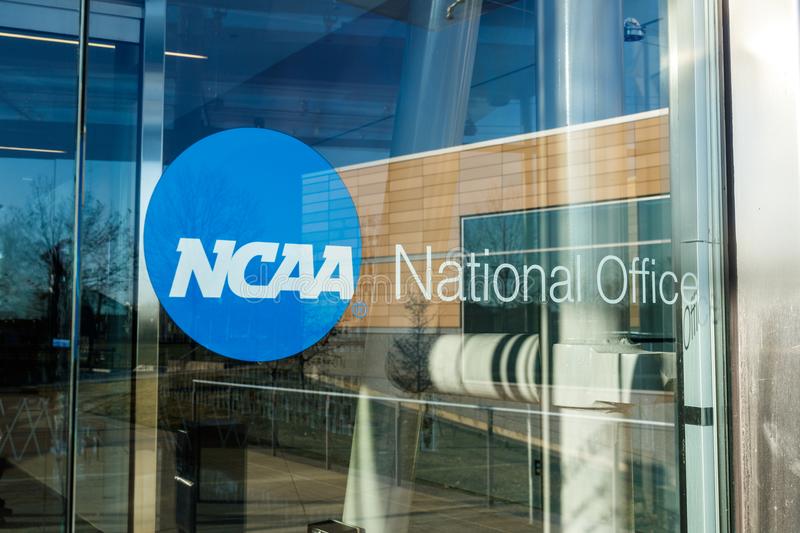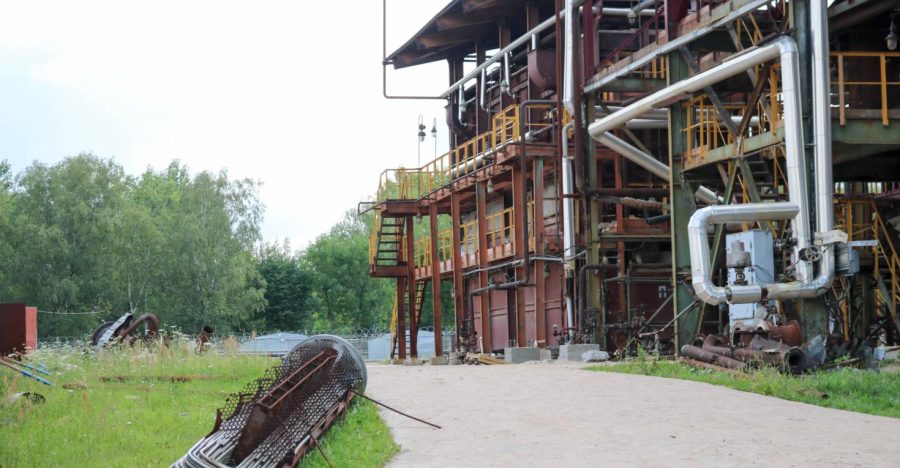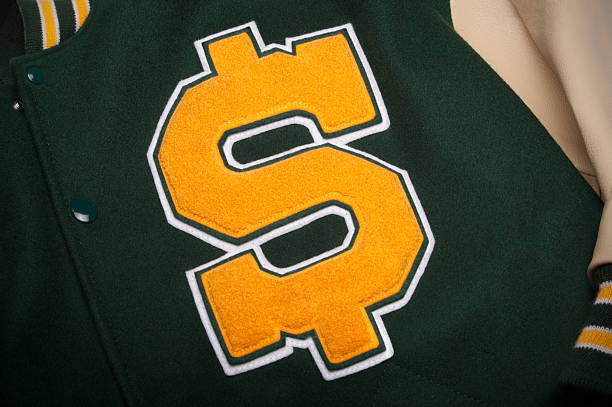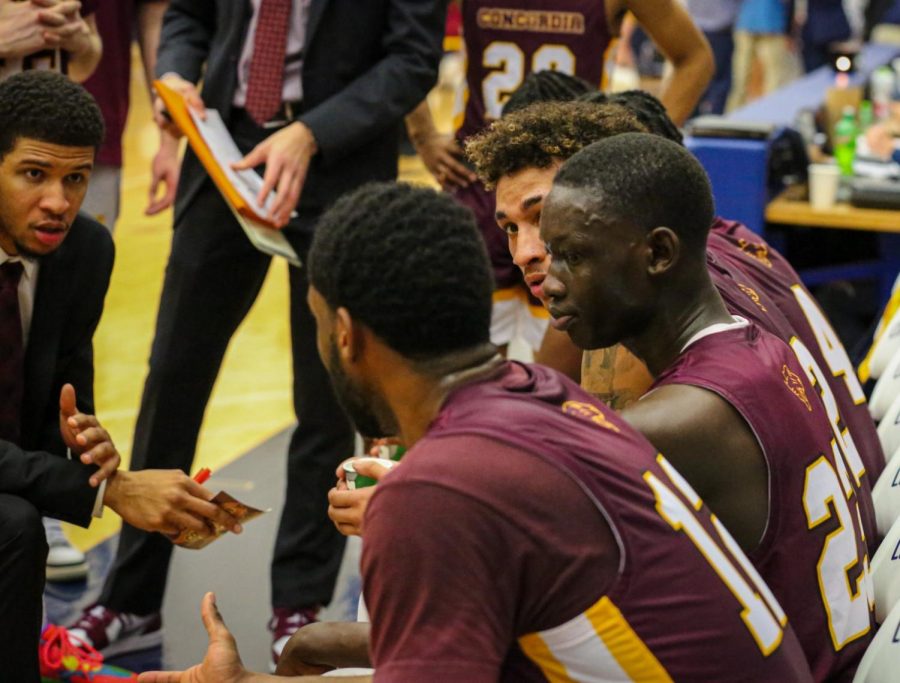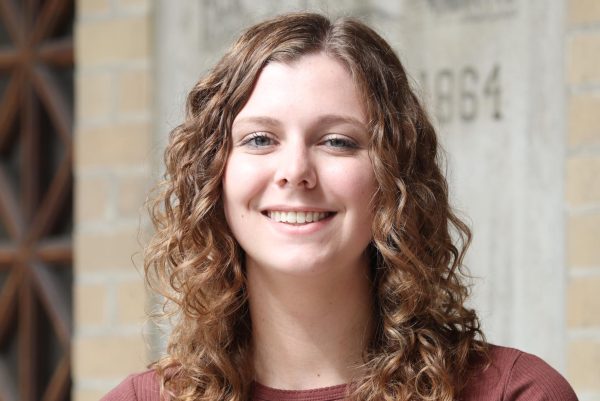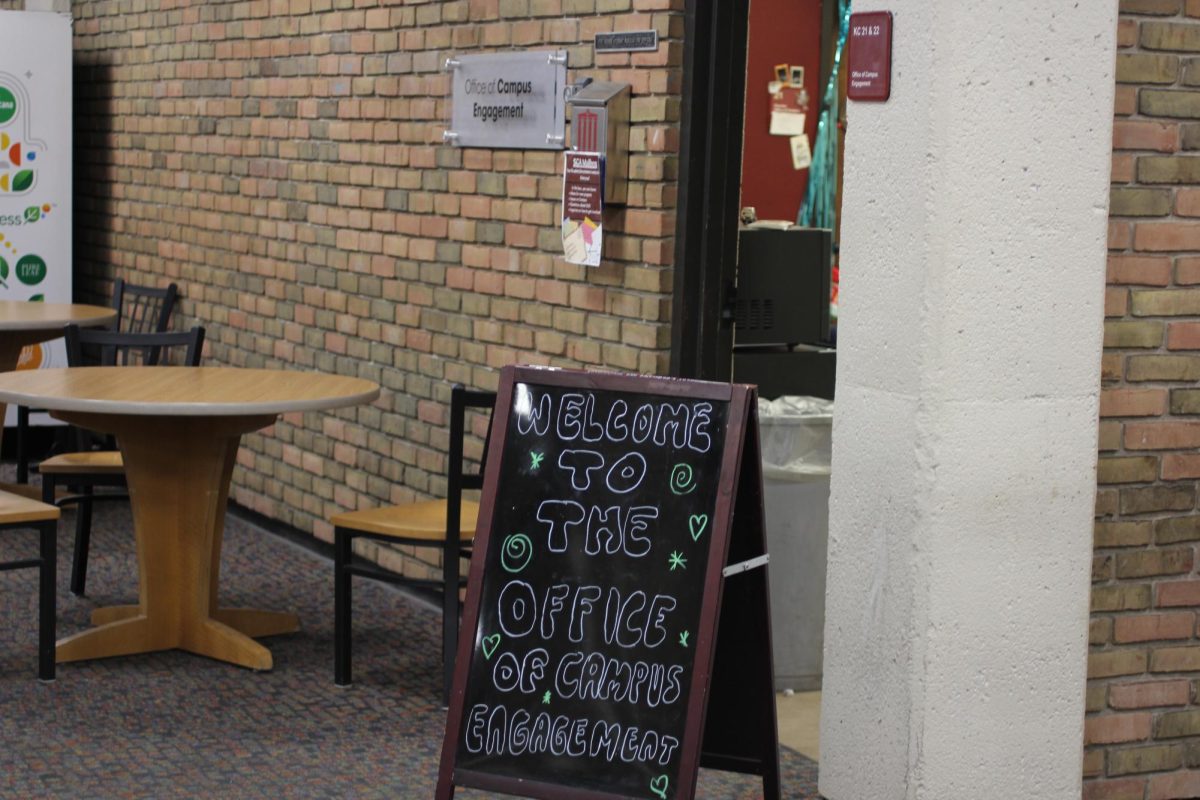Historic Men’s Basketball Season Comes to an Early Close
New head coach Rashaan Surles speaks with senior Jordan Matthews, junior Emanuel Wilson, and senior Tavarus Davis-Williams at the Concordia Invitational Tournament on Jan. 27.
February 20, 2023
The 2022-2023 CUC men’s basketball season was off to a historic start. The energy on the team was high, and the excitement skyrocketed as the men won game after game.
The team’s victory over Benedictine University in their last game before Christmas on Dec. 17 tied the 44-year-old school record of eight wins and no losses to start the season. Even after a winter break trip to southern California resulted in the season’s first two losses, hopes were high and morale was up.
Those losses in California ended up being the final games of the men’s basketball season, outside of the Concordia Invitational Tournament, after the effects of an intense practice just before the new year snowballed into the forfeit of five conference games and the remainder of CUC’s season cancelled by the Northern Athletics Collegiate Conference (NACC).
Now, there is a sense of “what could have been” on campus. The men’s basketball season became historic, but in a way that no one had hoped.
“I am still in disbelief about the season ending, and haven’t really processed it yet,” said junior forward William Bishop-Green. “As a team, we had big goals and it is disappointing we don’t have the opportunity to try and reach them, but we know we can’t focus on what we cannot change.”
Following a particularly strenuous team practice on Dec. 31, six basketball players began to experience symptoms of rhabdomyolysis, which can include muscle cramps, dark urine, and feeling weak or tired. Those players went to the emergency room as their symptoms worsened. This illness was likely a result of the strenuous practice, combined with immediately returning to practice after the extended break, the cross-country travel, and dehydration.
Rhabdomyolysis is a potentially fatal medical condition. It occurs when muscle tissue damaged from overuse releases proteins and electrolytes into the bloodstream, leading to heart and kidney damage, according to the Centers for Disease Control and Prevention.
Following the players’ hospitalization, the university launched an internal investigation and temporarily removed head coach Steve Kollar from the coaching staff. Assistant coach Rashaan Surles took over as acting head coach in the interim.
Kollar resumed his off-court, administrative responsibilities on Jan. 13, according to a email sent that day from Dean of Students Kathy Gebhardt to the student body. Later that day, four members of the athletic training staff — Christopher Anderson, Rebecca Delahunty, Kimberlee Kistler, and Melissa Martinez — resigned by providing notice to the CUC human resources office.
When asked whether the trainers had voiced an opinion on Kollar’s return, Eric Matanyi, the associate vice president for communications and marketing, said that he was unable to speak on behalf of others or their personal opinions. The athletic trainers who resigned did not respond to several attempts to contact them over email and direct message.
CUC has secured temporary trainers who will support the athletic teams until permanent hires can be made, Matanyi says. Currently, team physician Dr. Sherman Ho is overseeing athletic care, alongside the temporary trainers.
After the six players were released from the hospital, these athletes were unable to compete with the team while they recovered. Because of a lack of players eligible to compete, CUC had to forfeit the scheduled games against Lakeland University, Concordia University Wisconsin, Dominican University, Marian University, and Rockford University.
The NACC cancelled the remainder of the CUC season on Jan. 20, which university President Russell Dawn announced to the Concordia community in an email.
“The NACC Bylaws contain a specific ‘Discontinuation’ policy for teams unable to play scheduled contests due to lack of available players,” said NACC Commissioner Jeff Ligney in an email to The Spectator. Due to this bylaw, the men’s team was removed from conference play for the rest of the season.
“If a school cannot field a team for a sport, and they forfeit a conference scheduled contest, then the conference can cancel all conference games for that season,” said Janet Wolbert, associate director of athletics at CUC. “Competition is part of the reason student-athletes play a sport, it is heartbreaking whenever they are unable to compete.”
While everyone on the team has been negatively affected by the canceled season, some are able to see the silver lining to the situation.
“I’m sad this happened, we were off to a great start,” said freshman forward Jackson Holzheimer. “With it being my freshman year, I’m glad it happened when it did, rather than in the future when I can’t get that time back.”
For some players, the shortened season directly affected their plans for the next school year. Senior guard Ben Gordos decided he will return to CUC to play basketball for a fifth year to find more closure with his basketball career. Fifth year eligibility was already granted to athletes who lost a season due to COVID-19.
“I was unsure about my future at CUC after everything had happened,” said Gordos. “After weighing some of my options, I knew I couldn’t end my basketball career in this way.”
On Jan. 23, CUC removed Kollar from his position as head coach. “Significant new information has recently come to light,” said CUC President Russell Dawn in an email to students and faculty. “The University continues to act in the best, long-term interest of the players, team, and athletic program.”
Matanyi said that the CUC is unable to disclose exactly what new information about Kollar had “come to light,” because it relates to confidential employment records.
Coach Surles was named the new permanent head coach of the men’s basketball team. “The season was full of a wave of emotions, but the team stayed consistent no matter the circumstances,” said Surles, “They worked and played hard regardless of if it were a game or practice.”
Despite the abrupt end to the conference season and all the trials the men faced during the past few weeks, they were able to play together as a team one last time in the Concordia Invitational Tournament at Concordia Nebraska on the weekend of Jan. 27.
“I’m excited we were able to play in CIT,” said junior guard Emanuel Wilson. “It’s unfortunate how the season came to an end, but we tried to take something positive out of this experience.”
While CIT brought joy and excitement to campus, the mood is still one overwhelmed by disappointment shared by students and faculty.
“The absence of men’s basketball over the past several weeks has created a void on our campus and has been an extremely challenging situation for everyone involved,” said Gebhardt. “The team has demonstrated tremendous strength, resilience, and unity through it all.”
Senior sports broadcaster Carter Gledhill said, “This will go down as the season of ‘what could have been,’ and I will remember this team for how great the guys were, on and off the court.”
The athletes also felt the season could have produced trophies for the team. “I think the NACC championship was definitely in our sight,” said Gordos. “More than that, we wanted the national championship, which we knew we could go for.”
At the same time, some players feel like CUC will continue dominating on the court in the years to come.
“I believe the culture we are creating here will definitely have a positive impact on our future seasons,” said Bishop-Green. “If we continue to focus on what we do, the program will always have a shot at winning the title.”

